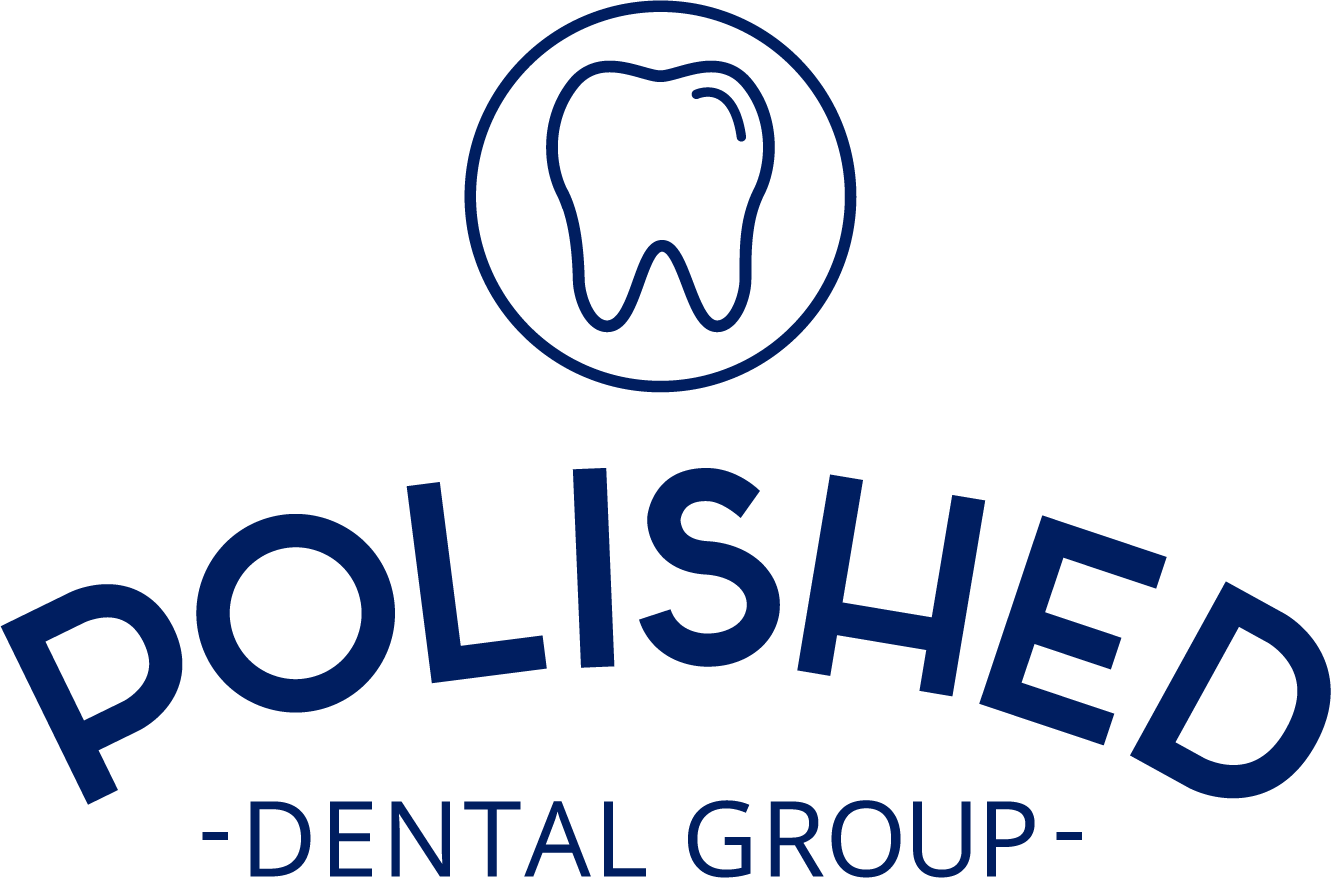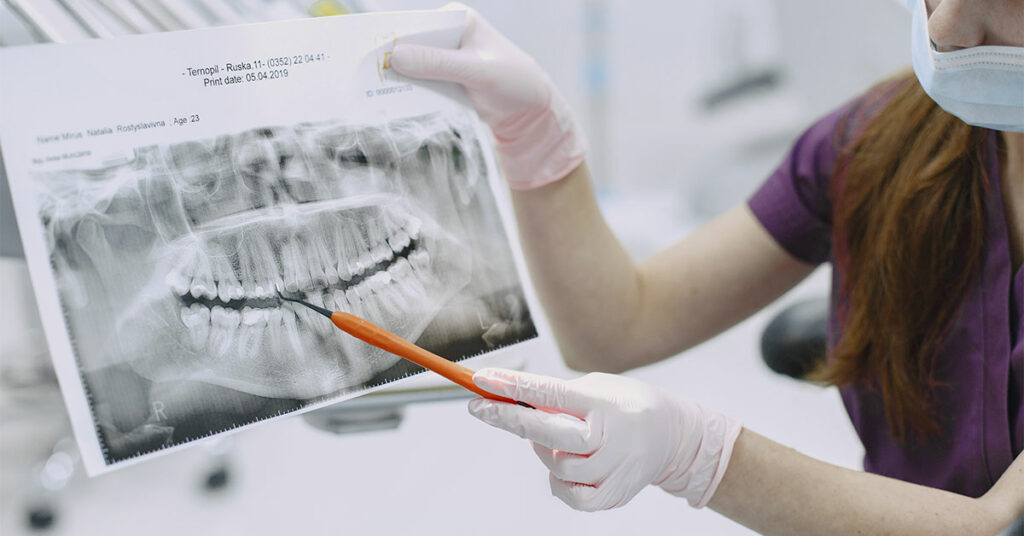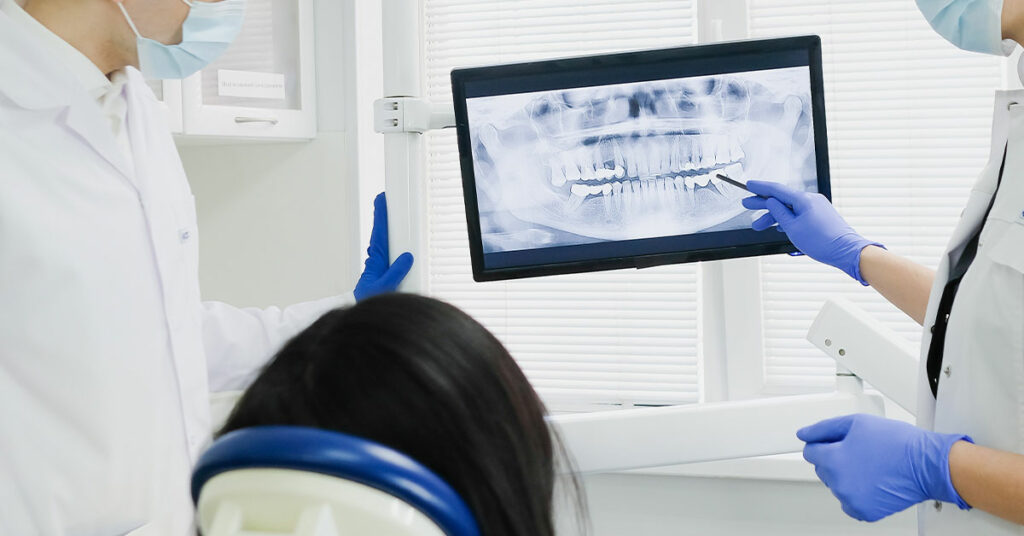Today we are going to explore dry mouth causes and we will tell you how to fix it!
Xerostomia is a dry mouth due to a lack of saliva. Saliva really is the unsung hero of our mouth. Despite seeming so innocuous, saliva is full of helpful very helpful factors. Saliva contains antibodies, which are used to fight the decay-causing bacteria, enzymes which start digestion of foods such as starches and helps control the acidity of our mouth. Possibly the most overlooked role of saliva is that it is used to flush away food and plaque and also acts a lubricant.
Without saliva – our rate of decay skyrockets and it can become very uncomfortable very quickly – just think to how uncomfortable it is with a parched mouth when you were last thirsty – and then imagine that permanently.
So what are some dry mouth causes and treatments?
Dry Mouth Causes
There are many xerostomia or dry mouth causes. These include:
Medications can cause dry mouth
Many medications have decreased saliva as a side effect. This one is particularly risky as many patients will have a reduced amount of saliva and not be aware of underlying issue. If unchecked decay can creep in very quickly in areas that are not normally seen; namely around where the teeth meet the gums. This is because the saliva is not there to buffer and flush our decay causing bacteria and acid.
Pathology in the salivary glands
Many illnesses have saliva pathology as an additional issue. These include connective tissue disorders such as Lupus or Sjorgren’s Disease. These illnesses mean that the internal structure of saliva glands is altered which then effects the production of saliva. The decreased production of saliva then causes xerostomia.
Dehydration
This is the most common cause of xerostomia. All of us have experienced being so thirty that our mouths feel dry and this is exactly what is happening. When our bodies are dehydration, the body’s reaction is to reign in how water is being used and decreasing saliva production is one of these measures. Dehydration is particularly dangerous as it can happen to anyone, and happen to frequently to otherwise healthy people. So make sure during our long summers you’re staying hydrated as a way to also look after your teeth.
Chemotherapy or Radiotherapy (particularly to the head and neck)
Chemotherapy and radiotherapy to the head and neck can damage the internal structure of salivary glands and salivary ducts. Although this is a side effect of important treatment, proper management can definitely help the mouth stay healthy and comfortable to ensure patients can focus their energy on a side effect instead of the cancer requiring the chemo or radiotherapy.
Dry Mouth Treatment
What can I do to help?
Regular dental check-ups and a comprehensive exam before starting treatments A comprehensive dental examination before starting on medications that decrease saliva flow is essential to proactively making a plan to keep the mouth in healthy condition before xerostomia sets in. This is the most important step in maintaining existing oral health and making sure it does not drop off. Maintenance and checks in the form or routine examinations then ensures plans are working and that any tips can be given before any expensive or painful deterioration or decay.
Saliva substitutes
Saliva substitute like Biotene are great substitute for saliva and offer instantaneous lubrication and
relief.
Keeping hydrated
Keeping your fluids up with regular water intake are great in keeping saliva levels up. Particular on hot days where we sweat or after heavy exercise, make sure you keep your water bottle next to you to replenish any water loss to ensure there’s enough water in your system to keep making saliva.
Chewing gum
Chewing stimulates saliva, so chewing gum after eating ensures there is a steady flow of saliva to both wash away food particles as well as helping saliva buffer away acid to make sure your mouth’s environment isn’t too harsh.
Meticulous oral hygiene
Brushing for two minutes every day and flossing once a day before brushing makes sure you are physically removing plaque and bacteria that lessens the role of saliva in keeping teeth safe from decay and gums free from gum disease.






